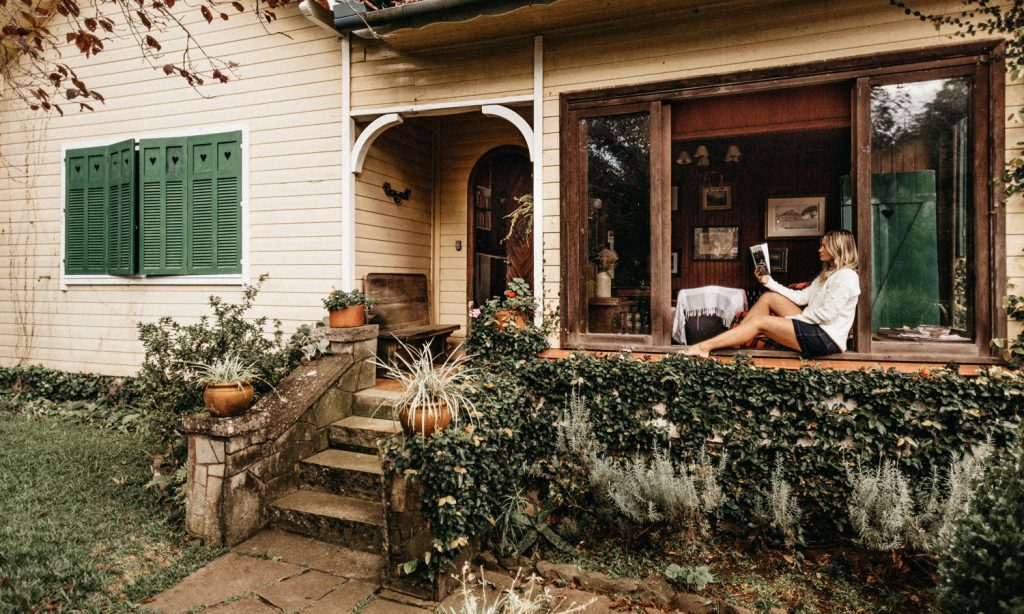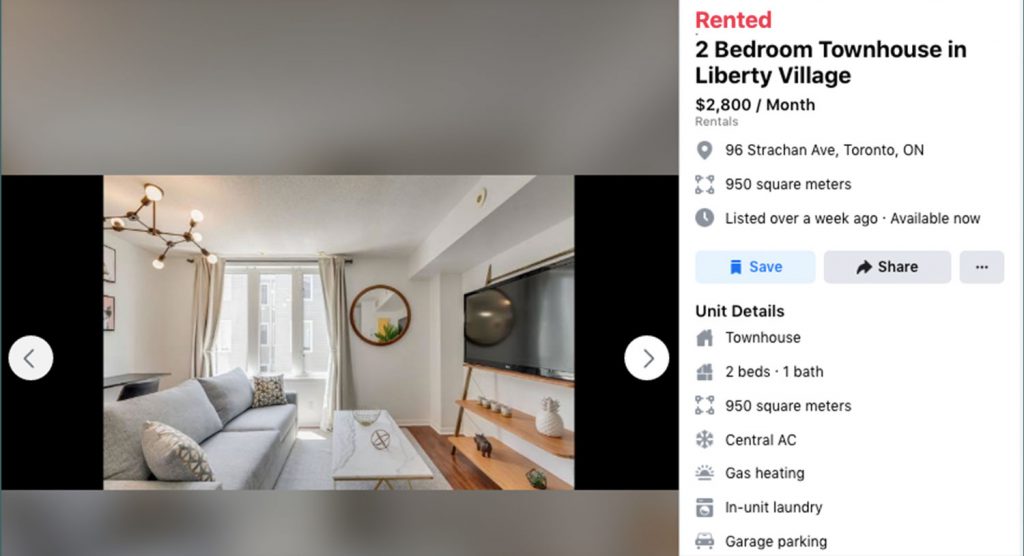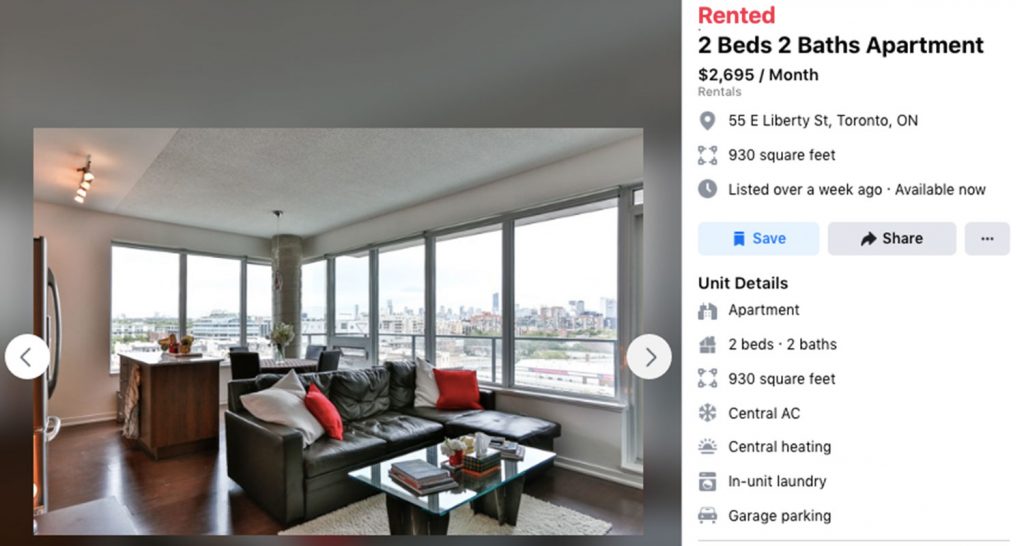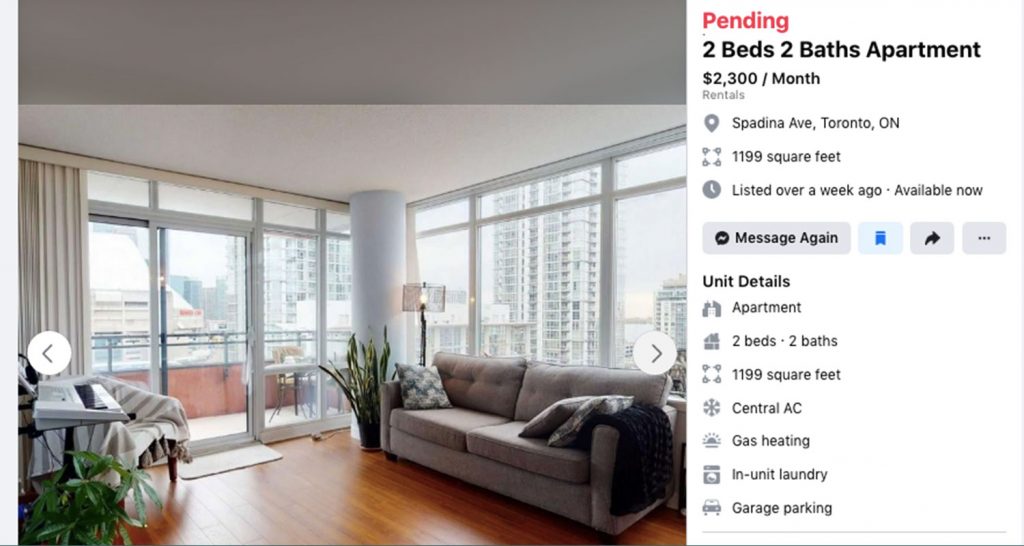Renters during the pandemic: The cost of moving during COVID
It may be a renters' market during the pandemic (hello, lower rent, bigger space!). But here’s what moving rentals right now is really like.
Advertisement
It may be a renters' market during the pandemic (hello, lower rent, bigger space!). But here’s what moving rentals right now is really like.




Share this article Share on Facebook Share on Twitter Share on Linkedin Share on Reddit Share on Email